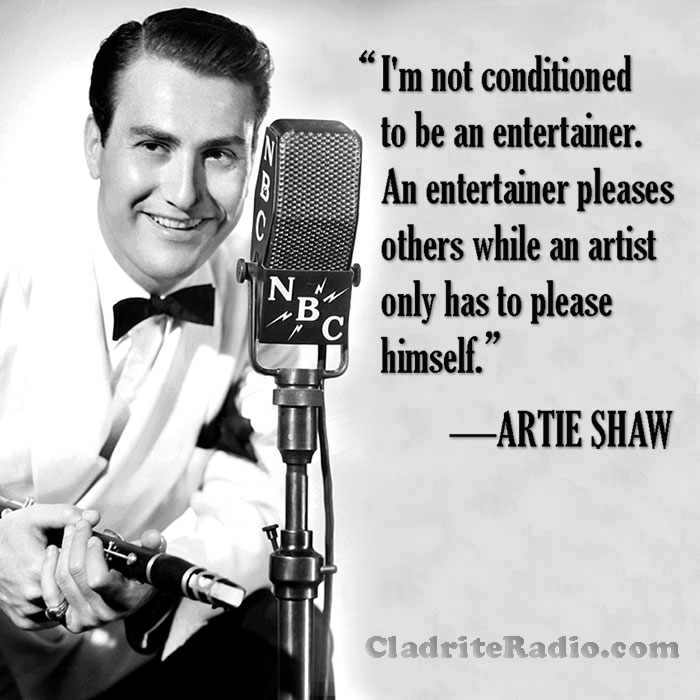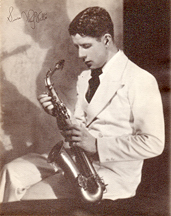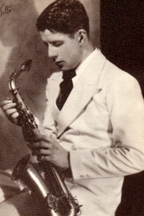Today marks the 113th anniversary of the birth of one of the giants of big band swing, Artie Shaw.
Born Arthur Jacob Arshawsky in New York City, Shaw, who grew up in New Haven, Connecticut, was said to be a cantankerous, difficult sort of fellow who never really was satisfied with the music he was expected to play. The demands of stardom reined him in. As he put it in a 1994 profile in The New York Times, “I thought that because I was Artie Shaw I could do what I wanted, but all they wanted was ‘Begin the Beguine.'”
Well, heck, yes, we want Begin the Beguine! It’s one of the greatest recordings of the big band era. But we can see how a musician—any artist, really—can begin to feel creatively stifled by the expectations of fans and the press. But it’s sad that Shaw appears to have found little joy in the music he created, the music that has brought so much pleasure to the rest of us.
Heck, even Shaw’s theme song, which he composed, went against the joyful grain that characterized most swing music. It’s called Nightmare, and it is aptly named. Imagine being a swing fan in the late 1930s and getting the chance to take in a show by one of your favorite orchestras and having them open the show with that unsettling number!
Shaw retired repeatedly throughout his career, finally giving up the clarinet for good in 1954 (I wonder if he ever dreamed at the time he would live another half-century), and the reason he offered was his own perfectionism. “In the world we live in, compulsive perfectionists finish last,” Shaw told Michael Freedland in 2001. “You have to be Lawrence Welk, or, on another level, Irving Berlin, and write the same kind of music over and over again. I’m not able to do that.”
Here’s hoping Shaw found some peace in the fifty years he lived mostly apart from music. For the rest of us, we have the many records he left us, which amount to as a great a legacy as virtually any other musician from that era.
We’re featuring Shaw’s music all day today, so why not tune in now?



